Engineering Firm in Sweden Designs Instrument for the World’s Largest Fusion Reactor
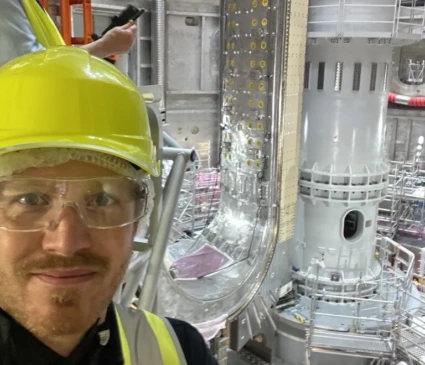
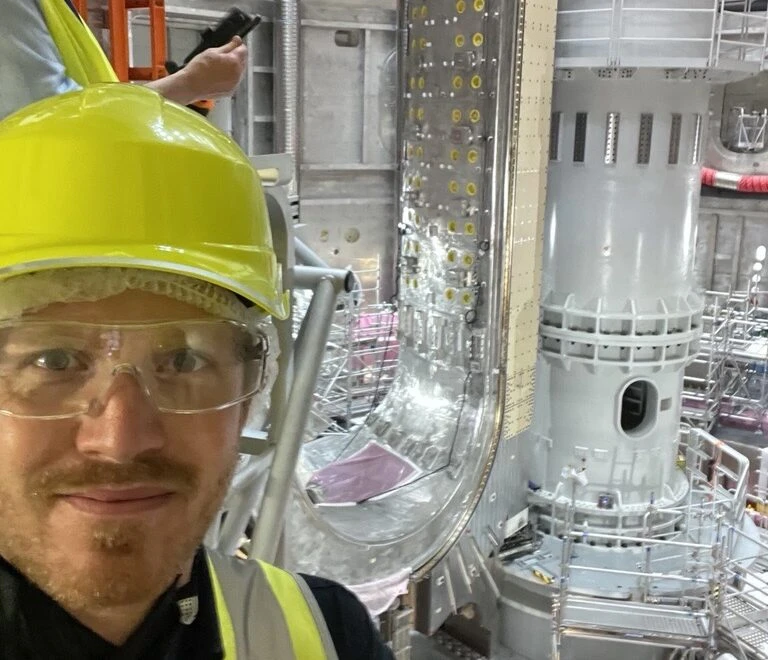
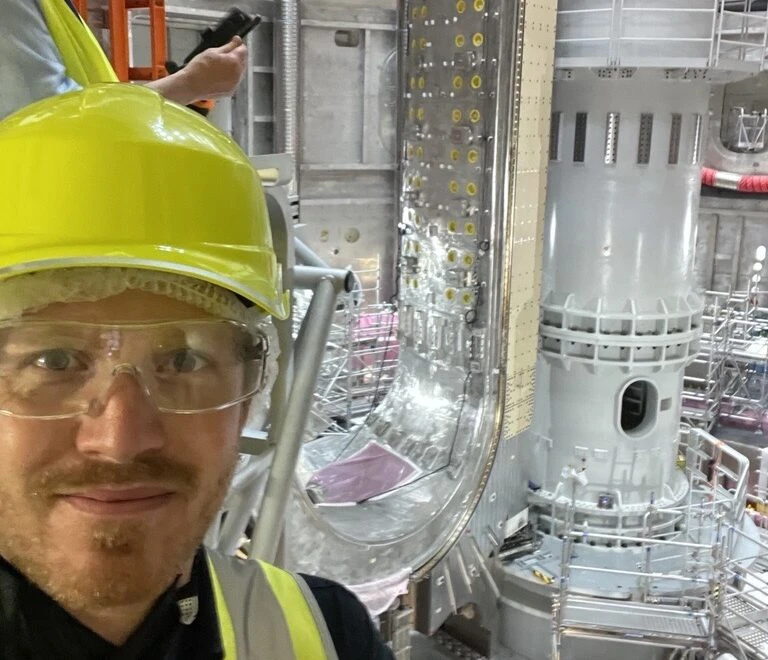
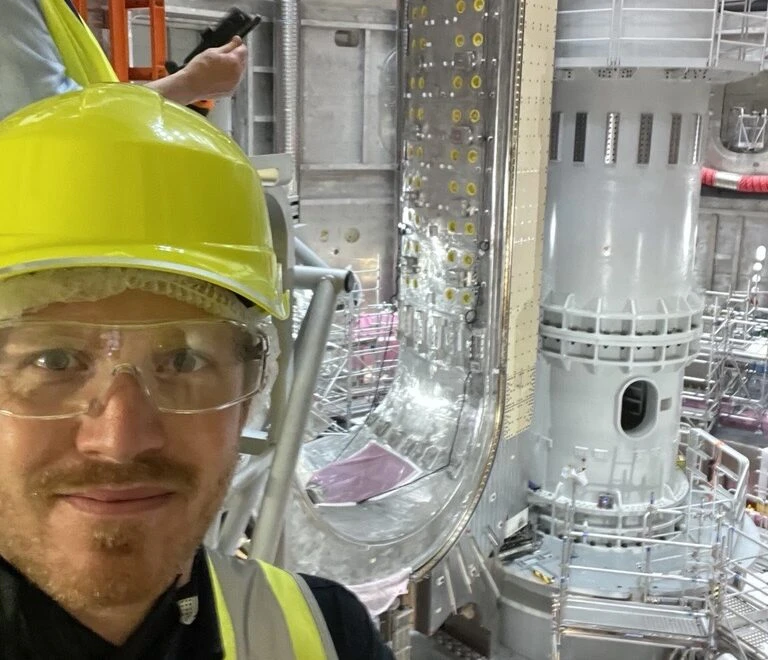
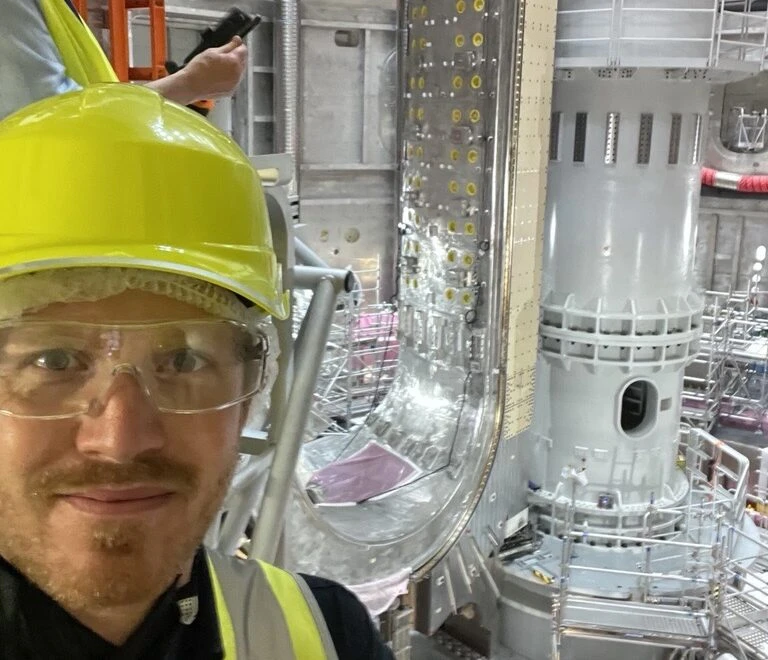
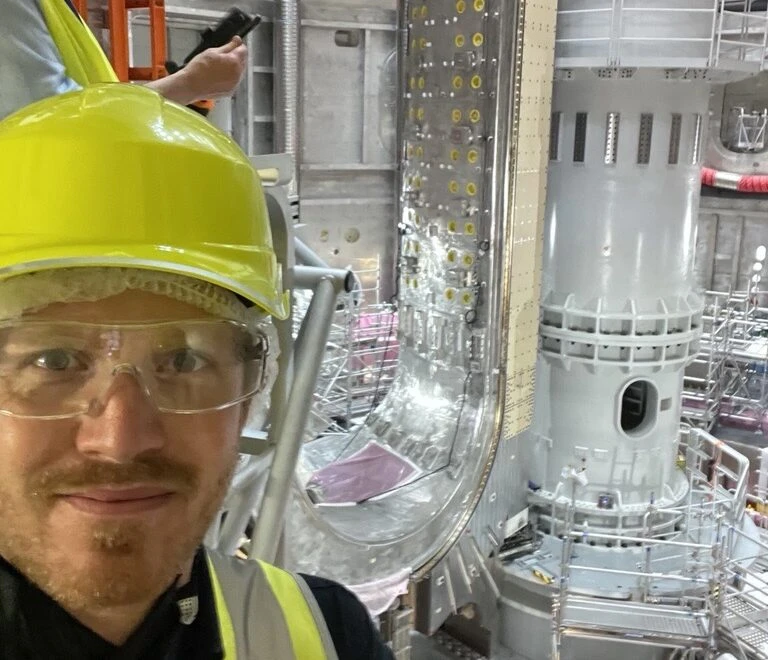
As the world’s most ambitious energy project takes shape in southern France, an engineering firm from Helsingborg plays a key role. Fagerström Industrikonsult AB has been commissioned to design one of the most central instruments for the experimental reactor ITER.
In southern France, the ITER (International Thermonuclear Experimental Reactor) is under construction — an experimental fusion reactor that could transform the world’s energy supply in the future. It’s a global collaboration to harness the same energy process that powers the sun. If successful, the project could mark a major leap toward clean and safe energy. Among the contributors is an engineering team from Helsingborg, responsible for a critical instrument inside the reactor.
– We are the link between research and reality, says Carl Johan Fagerström, CEO of Fagerström Industrikonsult.
A high-resolution neutron spectrometer (HRNS) measures the temperature inside the reactor by analyzing the speed of neutrons emitted from the plasma. This function is crucial, as temperature controls both the efficiency of the fusion process and how the reactor can be regulated.
– Our task is to design the entire instrument — from the shielding to the technical solution. We make sure the structure is stable, sufficiently cooled, and capable of withstanding the radioactive environment, says Carl Johan Fagerström.
The assignment is being carried out in collaboration with Uppsala University, which leads a partnership with researchers in Italy and Poland. Uppsala University contributes expertise in detector technology, while Fagerström is responsible for design, construction, and project management. The work is ongoing at the company’s facilities in Helsingborg and is scheduled to be completed by the summer of 2026.
– It’s an enormous technical challenge. Our equipment must operate in an environment where temperatures differ by 150 million degrees across just a few meters — from ten times the heat of the sun to near absolute zero, says Carl Johan Fagerström.
The company is a smaller, specialized player — yet it has earned a place in a project otherwise dominated by major research institutions and industrial giants.
– When we hear that something is impossible, we see it as a challenge, says Carl Johan Fagerström.
In addition to finalising the HRNS for ITER, the broader goal is to help position Sweden as a provider of advanced technology for future energy systems.
– This is a way to show that even smaller Swedish companies can make a real difference in the world’s largest projects, says Carl Johan Fagerström.
